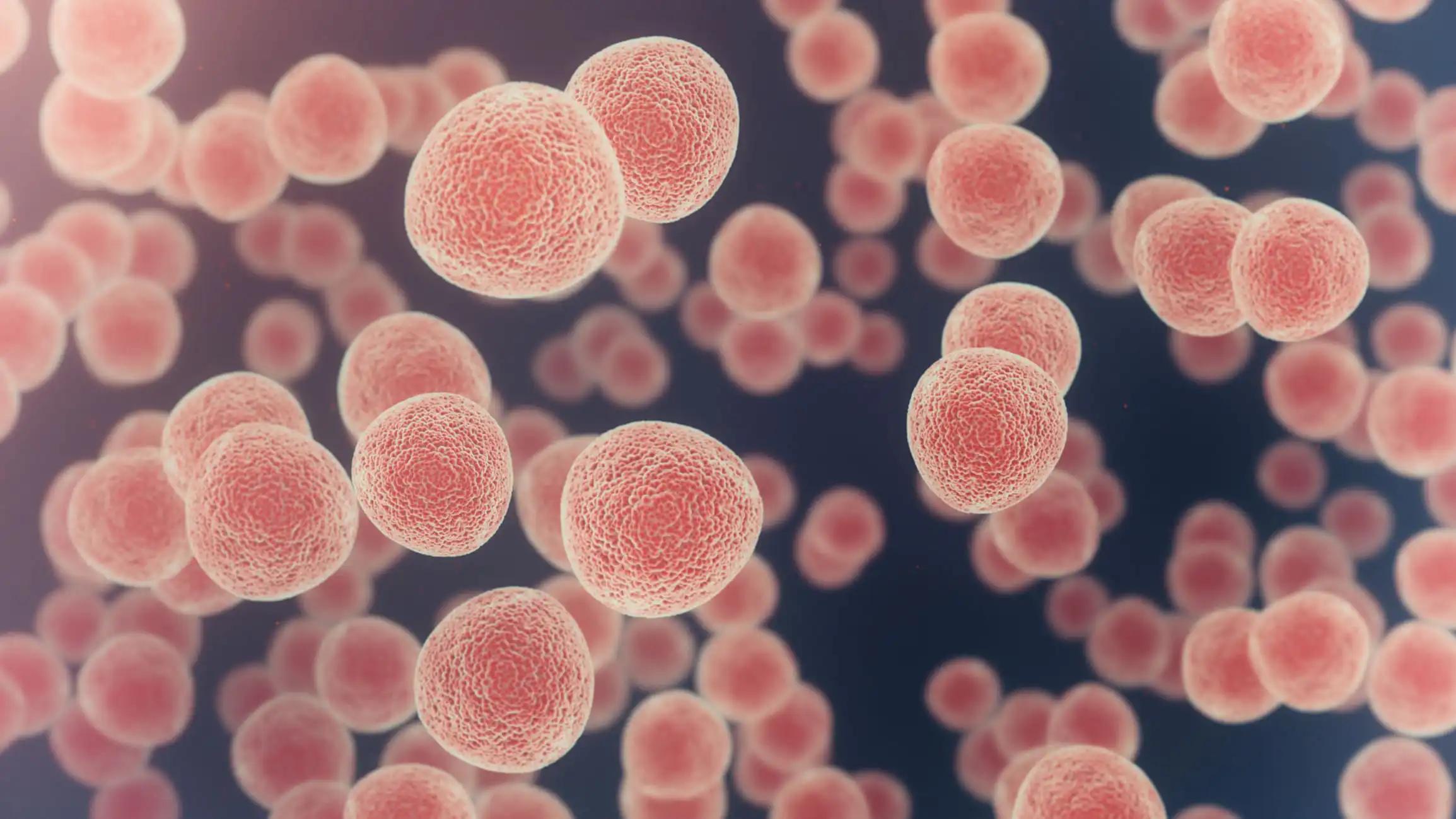KEY TAKEAWAYS
- A phase 2 trial analysis aimed to determine the efficacy of iNKT cell infusion for patients with HCC.
- The primary endpoint was PFS. Secondary endpoints included OS, ORR, DCR, QoL, peripheral blood cell count, and safety.
- iNKT cell infusion improved PFS, ORR, DCR, and QoL with manageable toxicity in HCC patients during TAE therapy.
The phase 1 trial showed promising results for autologous iNKT cell therapy in HCC patients, demonstrating good tolerability and the potential to enhance outcomes. A phase 2 trial was conducted across multiple centers in Beijing between March 2018 and March 2020. It included 54 patients with Barcelona Clinic Liver Cancer (BCLC) B/C stage hepatocellular carcinoma (HCC) following failed transarterial chemoembolization (TACE).
The trial, completed by July 20, 2020, focused on the efficacy among a modified intention-to-treat population. Patients were randomly assigned (1:1) to either receive transarterial embolization (TAE) therapy alone or a combination of TAE (at weeks 0 and 4) with iNKT cell infusion (6~9×107 cells/m2 intravenously) every 2 weeks starting at week 1 (TAE-iNKT group). TAE was used instead of TACE to preserve iNKT cells.
The primary aim was progression-free survival (PFS), while secondary measures included overall survival (OS), objective response rate (ORR), disease control rate (DCR), quality of life (QoL), peripheral blood cell count, and safety assessment.
Among the 54 patients under study, significant findings highlighted that those receiving TAE-iNKT treatment witnessed notably extended median progression-free survival (PFS) of 5.7 months (95% CI, 4.3–7.0 months), compared to counterparts on TAE alone, which averaged (2.7 months [95% CI, 2.3–3.2 months]; hazard ratio 0.32 [95% CI, 0.16–0.63]; P<0.001).
Noteworthy discrepancies emerged in objective response rates (ORR) at 52% and disease control rates (DCR) at 85% for the TAE-iNKT group, compared to merely 11% and 33%, respectively, for those solely on TAE.
A higher count of complete responses was recorded in the TAE-iNKT group (5 patients) as opposed to just 1 patient in the TAE-only group (refer to figure 3). Patients in the TAE-iNKT cohort experienced a considerably delayed deterioration in their quality of life (QoL), with a median time of 9.2 months (95% CI, 6.0–13.3 months) in comparison to 3.0 months (95% CI, 2.9–3.0 months) for those undergoing TAE alone.
The TAE-iNKT group also exhibited elevated mean lymphocyte counts at 8 weeks (1.48 vs. 0.95×109/L, P=.007) and 12 weeks (1.49 vs. 0.89×109/L, P=.001) in contrast to the TAE group.
Regarding adverse events, grade 3 incidents were less frequent, reported in 1 TAE-iNKT patient (4%) and 5 TAE patients (19%). Other adverse events were predominantly grade 1–2.
The infusion of iNKT cells notably enhanced Progression-Free Survival (PFS), Objective Response Rate (ORR), Disease Control Rate (DCR), and Quality of Life (QoL) while maintaining manageable levels of toxicity in patients undergoing Transarterial Embolization (TAE) therapy for Hepatocellular Carcinoma (HCC).
Source: https://jitc.bmj.com/content/11/Suppl_1/A674
Clinical Trial: https://clinicaltrials.gov/study/NCT04011033
Guo J, Bao X, Liu F, et al593 Efficacy of invariant natural killer T cell infusion plus transarterial embolization vs transarterial embolization alone for hepatocellular carcinoma patients: a phase 2 randomized clinical trialJournal for ImmunoTherapy of Cancer 2023;11:doi: 10.1136/jitc-2023-SITC2023.0593



